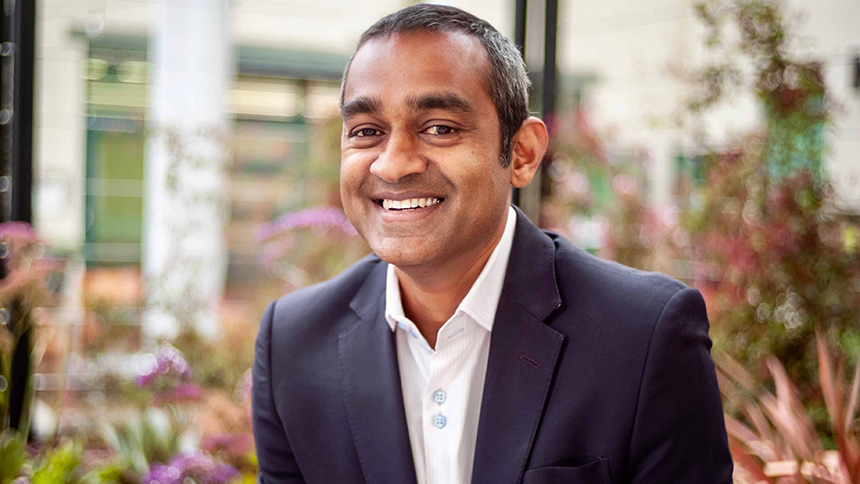[This Day Live] Costa - Why Financial Inclusion is Not Enough Anymore

This July, Flourish held Flourish Startup Bootcamp and the Market Makers events in Lagos where our Managing Partner, Arjuna Costa, spoke to select journalists on what the firm is bringing to Nigeria and Africa and the new trends in fintech. This Day Live's Solomon Elusoji shared the below from Arjuna's discussion and insights.
To read the full article, visit This Day Live here.
TDL: Flourish is big on ‘financial health’ as a concept. What does this entail and what is the role of technology?
AJ: When the industry was in evolution, we started with the challenge of financial inclusion. But inclusion is a very narrow view of the world. It’s either binary, you are included or excluded. Really, the challenge is, how do we engage with the household or small business, bring them all the products and services they need, so they can thrive and take advantage of economic opportunity and prosper. So this idea of financial health/wellness is trying to broaden this notion from just inclusion to really that level of holistic engagement.
What does that mean? It means if you talk to the average family in Nigeria and ask them what their dreams are: their dreams are probably for a better house, for an education for their children, for the ability to buy a farm to retire to. They don’t say my dream is to get a student loan or a mortgage and to be able to buy an asset. But those are actually two different ways of looking at the same point. It is a student loan, it’s a mortgage, a savings account, an investment account that grows overtime, that allows you to retire and live on the farm.
So how do you take those dreams and aspirations and translate that into financial products that allow families to thrive? That’s the notion at the high level of financial health, how you make it operational; and the role of technology is critical. One of the things technology has solved is the high cost of giving people individualised services. If you look at a bank, it cannot reach the bottom 70 percent of a population because it is very expensive to build a beautiful bank branch and serve people who might be saving a little bit of money.
But if you can put that bank branch in somebody’s pocket, in a smartphone – what you can do today – and give them a highly personalised experience, in digital format that’s localised to their context, then you have the ability to engage holistically with this family or the household or small business, and start to think about their needs, collecting data about them, interacting with them. I think one of the challenges we have to solve is, in a digital era, how do you still keep things personal? A hundred years ago, banking was a community.
You went to a corner and your corner banker knew your life, knew your children, what you aspired to and he designed products for it. Banking became institutional and it lost that connection. How do you still bring that trust back, that personalisation? That will be one of our challenges of the digital era.